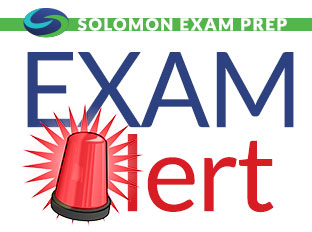On May 22, 2015, FINRA issued guidance concerning communications with the public. Here are some notable points from the guidance.
- Non-promotional communications (i.e. communications that do not promote or recommend a specific product or service) do not need to be filed with FINRA
- Electronic forum posts are considered retail communication, but are specifically excluded from filing requirements
- Template updates do not need to be filed with FINRA if all that changed was statistical information
- Various non-material changes to previously filed communications do not require refiling the communication
- A reprinted article does not need to be filed with FINRA
- Promotional items that only have the name of a mutual fund are not considered “advertisements” under Rule 482
- If a firm includes mutual fund performance in a retail communication or correspondence, they must also include the fund’s expense ratio
- Firm must file retail communications regarding registered business development companies
- A Series 26 registration does not permit a principal to approve retail communications concerning a business development company. The principal must have a Series 24, Series 9/10, or Series 39 registration instead.
Sources:
Regulatory Notice 15-17: Guidance on Rules Governing Communications With the Public
FINRA Rule 2210 Questions and Answers
This alert applies to the Series 6, Series 7, Series 9/10, Series 24, Series 26, Series 39, Series 62, Series 82, and Series 99.



